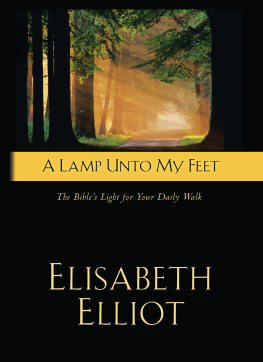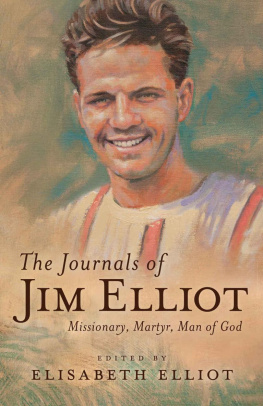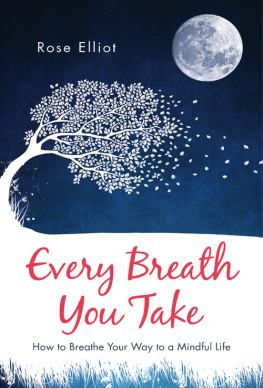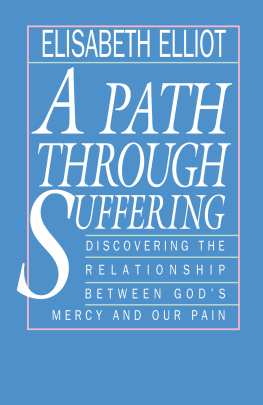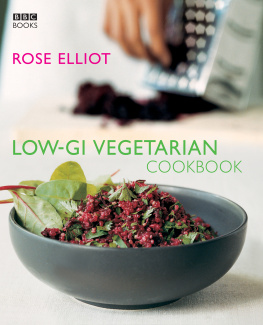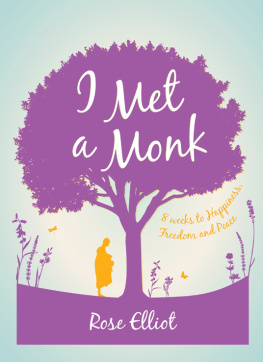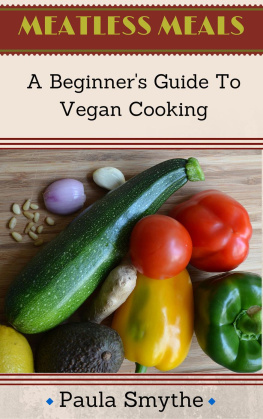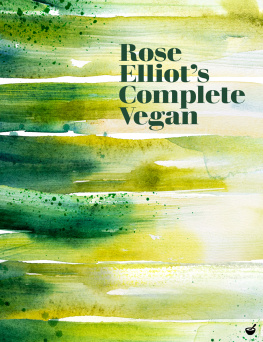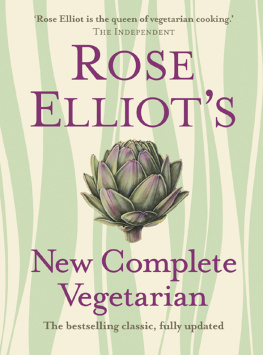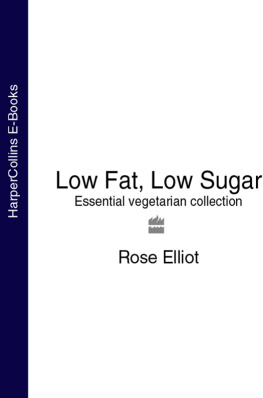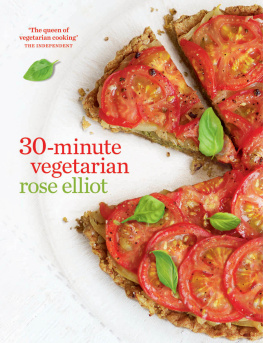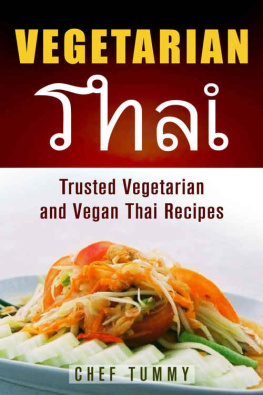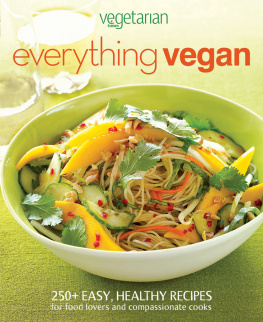Elliot - Vegan Feasts: Essential Vegetarian Collection
Here you can read online Elliot - Vegan Feasts: Essential Vegetarian Collection full text of the book (entire story) in english for free. Download pdf and epub, get meaning, cover and reviews about this ebook. year: 2015, publisher: HarperCollins Publishers, genre: Home and family. Description of the work, (preface) as well as reviews are available. Best literature library LitArk.com created for fans of good reading and offers a wide selection of genres:
Romance novel
Science fiction
Adventure
Detective
Science
History
Home and family
Prose
Art
Politics
Computer
Non-fiction
Religion
Business
Children
Humor
Choose a favorite category and find really read worthwhile books. Enjoy immersion in the world of imagination, feel the emotions of the characters or learn something new for yourself, make an fascinating discovery.

- Book:Vegan Feasts: Essential Vegetarian Collection
- Author:
- Publisher:HarperCollins Publishers
- Genre:
- Year:2015
- Rating:4 / 5
- Favourites:Add to favourites
- Your mark:
- 80
- 1
- 2
- 3
- 4
- 5
Vegan Feasts: Essential Vegetarian Collection: summary, description and annotation
We offer to read an annotation, description, summary or preface (depends on what the author of the book "Vegan Feasts: Essential Vegetarian Collection" wrote himself). If you haven't found the necessary information about the book — write in the comments, we will try to find it.
Elliot: author's other books
Who wrote Vegan Feasts: Essential Vegetarian Collection? Find out the surname, the name of the author of the book and a list of all author's works by series.
Vegan Feasts: Essential Vegetarian Collection — read online for free the complete book (whole text) full work
Below is the text of the book, divided by pages. System saving the place of the last page read, allows you to conveniently read the book "Vegan Feasts: Essential Vegetarian Collection" online for free, without having to search again every time where you left off. Put a bookmark, and you can go to the page where you finished reading at any time.
Font size:
Interval:
Bookmark:

Thorsons
An Imprint of HarperCollinsPublishers
1 London Bridge Street
London SE1 9GF
www.harpercollins.co.uk
First published by Thorsons 1997
This edition published 2000
Copyright Rose Elliot 1997, 2000
Text illustrations by Helen Holroyd
A catalogue record for this book is available from the British Library
Rose Elliot asserts the moral right to be identified as the author of this work
All rights reserved under International and Pan-American Copyright Conventions. By payment of the required fees, you have been granted the nonexclusive, nontransferable right to access and read the text of this e-book on-screen. No part of this text may be reproduced, transmitted, downloaded, decompiled, reverse-engineered, or stored in or introduced into any information storage and retrieval system, in any form or by any means, whether electronic or mechanical, now known or hereafter invented, without the express written permission of HarperCollins e-books.
Source ISBN 9780722540060
Ebook Edition JANUARY 2015 ISBN: 9780007387373
Version: 2015-02-02
HarperCollinsPublishers has made every reasonable effort to ensure that any picture content and written content in this ebook has been included or removed in accordance with the contractual and technological constraints in operation at the time of publication.
contents
I have particularly enjoyed writing this book of vegan or dairy-free vegetarian recipes. When I first started writing about vegetarian cookery, part of the pleasure for me lay in the challenge of creating delicious dishes from a limited range of ingredients, and in peoples surprise when they realized how good they could be.
In many ways, being a vegan today feels similar to how it felt being vegetarian when I began my career. Now, though, vegetarianism is pretty mainstream eating out, buying ingredients or ready-made meals are all relatively easy, and friends and acquaintances no longer recoil in dismay at the thought of having to cook for a vegetarian. Vegans today, however, have much the same difficulties vegetarians used to have. Packets in shops have to be scrutinized carefully whey seems to be in almost everything; the choice when eating out or buying prepared foods is often limited and, yes, youve guessed it, friends find it difficult to know what to cook, exclaiming, Well what on earth do you eat, then? They worry, too, about whether or not malnutrition has set in, perhaps destroying a few brain cells along the way.
Poet Benjamin Zephaniah explains what vegans eat more eloquently than I ever could in his rap poem , and I am indebted to Dr Michael Klaper for permission to use his nutrition chart. Follow this and youll eat well and feel fit and full of vitality.
Vegan Delight
by Benjamin Zephaniah
Ackees, chapattis
Dumplins an nan,
Channa an rotis
Onion uttapam,
Masala dosa
Green callaloo
Bhel an samosa
Corn an aloo.
Yam an cassava
Pepperpot stew,
Rotlo an guava
Rice an tofu,
Puri, paratha
Sesame casserole,
Brown eggless pasta
An brown bread rolls.
Soya milked muesli
Soya bean curd,
Soya sweet sweeties
Soyas de word,
Soya bean margarine
Soya bean sauce,
What can mek medicine?
Soya of course.
Soya meks yogurt
Soya ice-cream,
Or soya sorbert
Soya reigns supreme,
Soya sticks liquoriced
Soya salads
Try any soya dish
Soya is bad.
Plantain an tabouli
Cornmeal pudding
Onion bhajee
Wid plenty cumin,
Breadfruit an coconuts
Molasses tea
Dairy-free omelettes
Very chilli.
Gingerbread, nut roast
Sorrell, paw paw,
Cocoa an rye toast
I tek dem on tour,
Drinking cool maubi
Meks me feel sweet,
What was dat question now?
What do we eat?
Benjamin Zephaniah, 1994
If you eat according to the suggestions given in this book, you will get all the nutrients you need. The vegan diet is a healthy one, as study after study has shown. Yet, because meat-eating is part of our culture and due to the messages portrayed through advertising by and on behalf of the meat and dairy industries, people still worry that they may be lacking in nutrients if they follow a vegetarian diet, and even more so if they follow a vegan one. The nutrients most vegetarians and vegans are concerned they may not be getting enough of are protein, iron, calcium and vitamin B12, so I will comment briefly on these.
Protein
Protein is the nutrient most people mention first when they ask about whether or not a vegetarian or vegan diet is healthy, but, really, there is no problem with getting enough protein with either kind of diet. Grains, pulses (legumes), soya milk, nuts and even potatoes all contain protein and the amounts add up during the course of a day, so protein deficiency is extremely rare in the affluent countries of the world. Additionally, nutritionists often say that vegetarians and vegans have to mix, combine or balance proteins of different types in order to get the correct number of amino acids. This is not correct. In 1993, the authoritative and respected American Dietetic Association stated: Plant sources of protein alone can provide adequate amounts of the essential and nonessential amino acids, assuming that dietary protein sources from plants are reasonably varied and that calorie intake is sufficient to meet energy needs. Whole grains, legumes, vegetables, seeds and nuts all contain essential and non-essential amino acids. Conscious combining of these foods within a given meal, as the complementary protein dictum suggests, is unnecessary. Additionally, soya protein has been shown to be nutritionally equivalent in protein value to proteins of animal origin and, thus, can serve as the sole source of protein intake if desired.
Iron
Iron deficiency is one of the most common problems in the Western diet, but what is often overlooked by doctors and others is that scientific studies have shown that vegetarians and vegans are no more likely to suffer from this than meat-eaters. In fact,
Calcium
Although vegans dont eat what are conventionally considered to be the best sources of calcium cows milk and cheese there isnt evidence of calcium deficiency. In fact, what is not generally known is that these dairy products are not very helpful because although they do contain plenty of calcium, they also contain a great deal of protein. It appears that too much acid is produced when these are digested, which means that the body needs to neutralize it by releasing calcium from the bones before it is excreted in the urine. So, the calcium from such sources is badly absorbed and, in fact, causes more to be lost, as is suggested by the findings that the Eskimos have one of the highest calcium intakes in the world but also one of the highest incidences of osteoporosis.
Although vegans and vegetarians may consume less calcium than meat-eaters, their bodies seem to use and store it far more efficiently than meat-eaters. This is thought to be because of the quantities of boron present in vegan and vegetarian diets. Boron is a trace element found in apples, pears, pulses (legumes), leafy vegetables and nuts. There is none in dairy produce or meat. Many of the foods which contain boron are also often rich in calcium. A cupful of broccoli, for instance, contains as much calcium as 200ml (6fl oz) of cows milk, and sesame seeds, tahini, hummus, tofu, soya milk, almonds and dark green leafy vegetables are further rich sources.
Vitamin B12
This vitamin is essential for the development of blood cells and the healthy functioning of the nervous system, so we need to be sure that we get enough of it. However, unlike many vitamins, B12 can be stored by the body, so its not one you need to have every day. Also, you only need minuscule amounts the equivalent of one millionth of a gram per day.
Next pageFont size:
Interval:
Bookmark:
Similar books «Vegan Feasts: Essential Vegetarian Collection»
Look at similar books to Vegan Feasts: Essential Vegetarian Collection. We have selected literature similar in name and meaning in the hope of providing readers with more options to find new, interesting, not yet read works.
Discussion, reviews of the book Vegan Feasts: Essential Vegetarian Collection and just readers' own opinions. Leave your comments, write what you think about the work, its meaning or the main characters. Specify what exactly you liked and what you didn't like, and why you think so.

